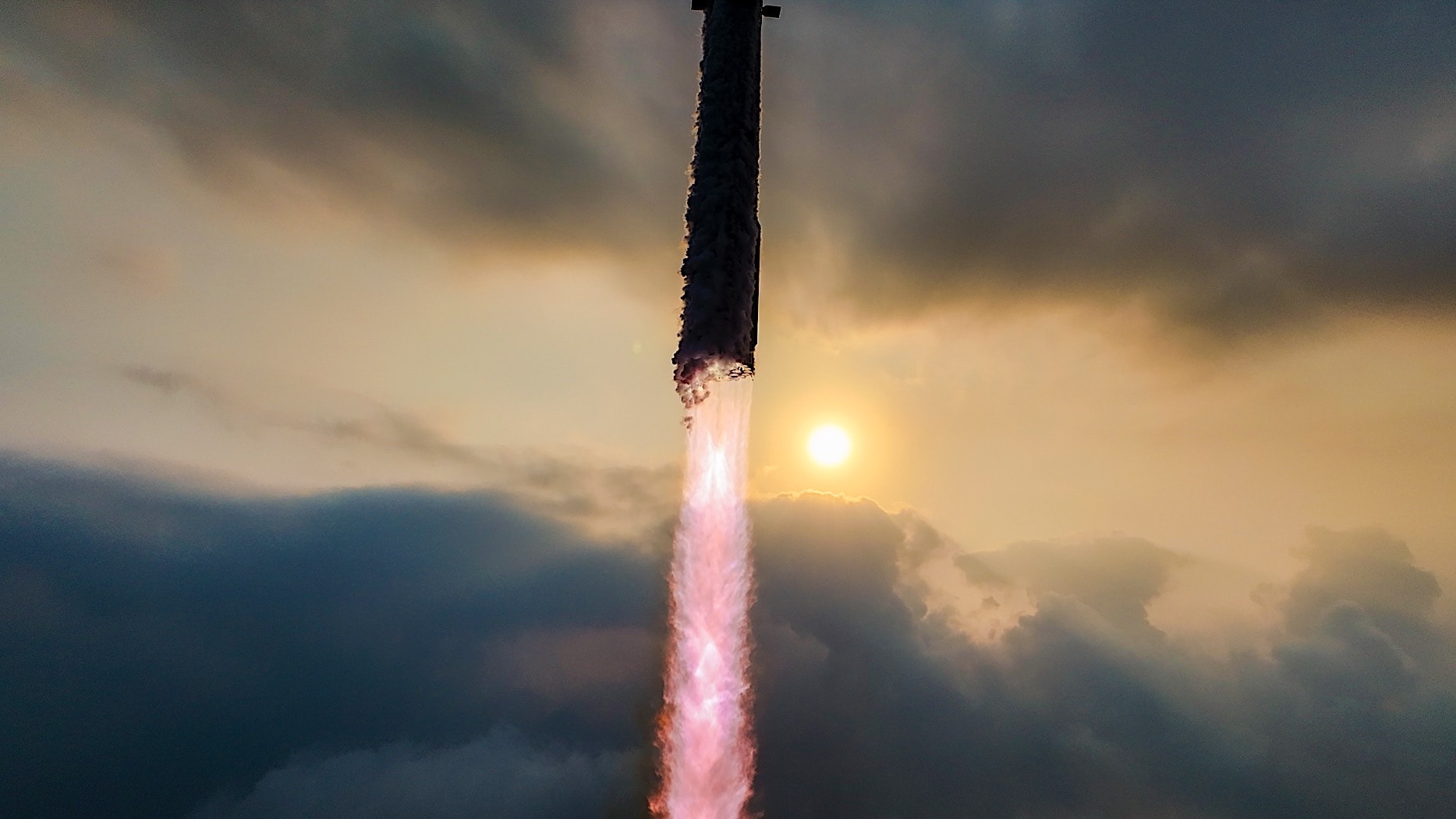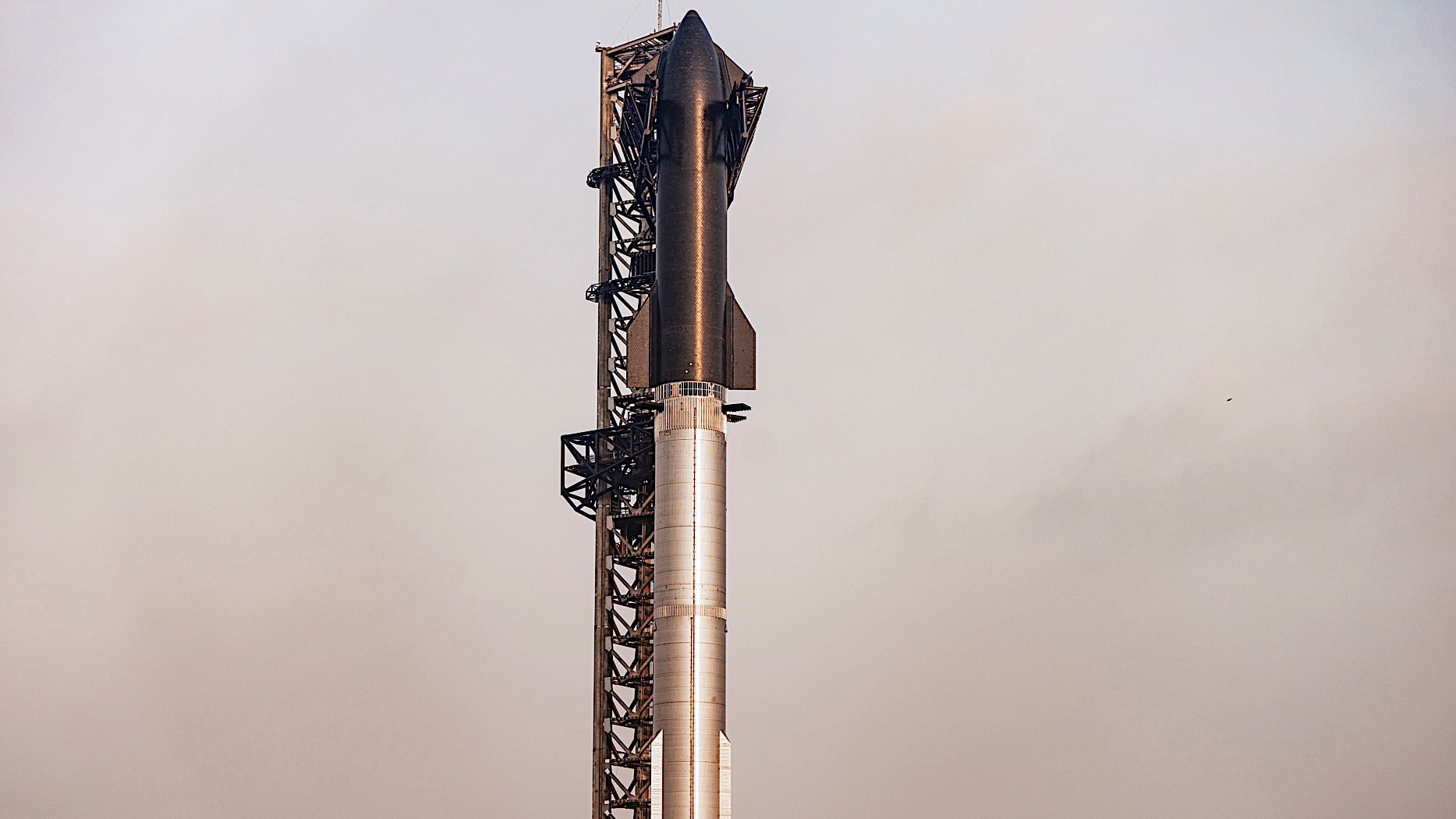In a major win for SpaceX, their Starship roared to life on June 6th, eclipsing Boeing’s Starliner docking with the ISS.
This launch marked a turning point after previous Starship attempts ended in fiery failures. Lifting off at 7:50 am CT from Starbase, Texas, the colossal Super Heavy booster thundered skyward, achieving a full burn before stage separation at 46 miles.
A complex hot-stage maneuver saw three of the Super Heavy’s engines shut down while six on the Starship ignited, propelling it onward. Meanwhile, the Super Heavy flipped and made a splash, landing in the Gulf of Mexico.
The Starship, however, continued its ascent, reaching a staggering 124 miles and a blistering 16,000 mph before enduring peak atmospheric heat and pressure. After a triumphant 66-minute flight, it too splashed down, but in the Indian Ocean.

With ambitions of revolutionizing space travel, SpaceX is rapidly developing the Starship, a fully reusable launch system designed for both crew and cargo.
This behemoth, powered by an icy cocktail of liquid methane and liquid oxygen, unleashes an impressive 16.7 million pounds of thrust thanks to its 33 Raptor engines. Starship boasts impressive hauling capabilities, lifting 150 tons of cargo in its reusable configuration, with an expendable mode reaching a staggering 250 tons.
Plans include dedicated cargo and crew variants, with the potential to transform terrestrial travel as well. SpaceX envisions Starship slashing travel times across the globe to under an hour.
The Artemis program also leverages Starship’s prowess. A specialized Human Landing System variant is slated to deliver astronauts to the lunar surface in 2026 for NASA’s Artemis III mission, marking Starship’s exciting debut in lunar exploration.

